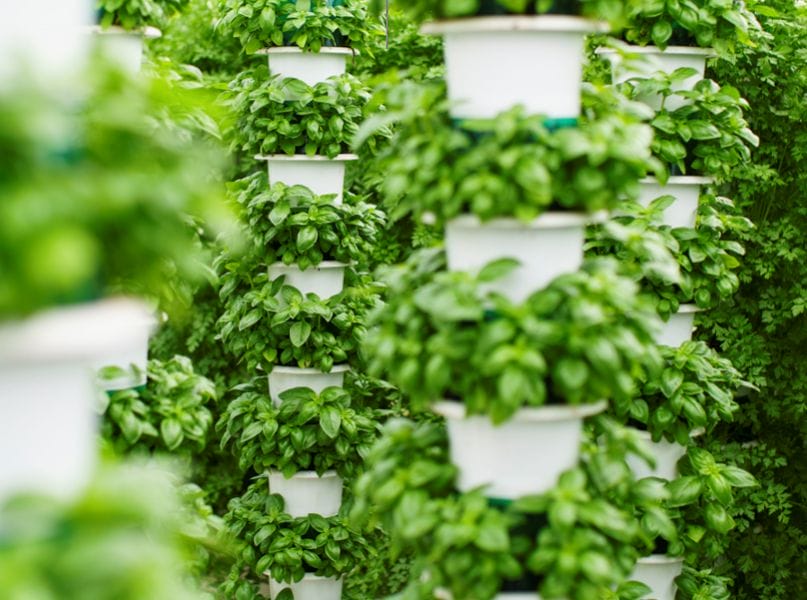
ReLondon is working in partnership with the Mayor of London and the Ellen MacArthur Foundation to accelerate the transition to a more circular urban food system in London.
Why is action on food important?
Action on food can help tackle many of today’s biggest health, economic, social and environmental challenges, including the climate crisis.
In London, food accounts for over 10% of the city’s consumption-based greenhouse gas emissions because of the kinds of food we eat, how and where that food is produced, and the amount of it that is wasted.
According to ReLondon’s research on food flows across London’s food supply chain:
- 99% of food consumed in London is imported, with local farming and production accounting for just 1% of the city’s food supply;
- Animal products represent close to 50% of the emissions from food consumed by London’s households;
- 33% of the food produced to supply London is lost or wasted, 67% of which is edible.
London could see a reduction in food-related consumption-based emissions by 31% a year by shifting towards a more circular economy for food, where food loss and waste is reduced and where diets are more healthy and sustainable.
How is ReLondon working to transform the food system?
London is one of the Ellen MacArthur Foundation’s three Strategic Partner Cities, working to accelerate the transition to a circular economy, which includes creating a more circular urban food system.
With a population of over nine million people, London is at the forefront of efforts from large cities around the world to shift to a low-carbon food system.
In 2020, ReLondon, the Mayor of London and the Ellen MacArthur Foundation launched the ‘Food Flagship Initiative’ – a unique partnership to coordinate and accelerate progress towards a more low-carbon circular economy for food where:
- More food is grown locally and using agro-ecological practices;
- Healthy and sustainable food items and menus are prevalent;
- Food waste is eliminated wherever possible, and unavoidable food waste is recycled back into productive uses.
What progress has been made?
It all started with the publication of ReLondon’s Food Footprint, a first-of-its-kind report mapping the flows of food across the city’s food supply chain. This research allowed us to identify emissions hotspots in London’s food system.
Then, the Food Flagship Initiative – in consultation with stakeholders – developed 20 projects to target these environmental hotspots and contribute to delivering the city’s vision of a low-carbon circular economy for food. Read more about these projects in the report below.
Each of the 20 projects has the potential to be strengthened or scaled up significantly with further support and participation from local authorities, businesses, academic institutions, philanthropic partners, and community-based organisations.
We’re calling for partners to join us in this collective effort to create a city where everyone enjoys healthy and sustainable food that is deeply valued, sustainably produced, and never wasted. You can find opportunities to get involved below.










